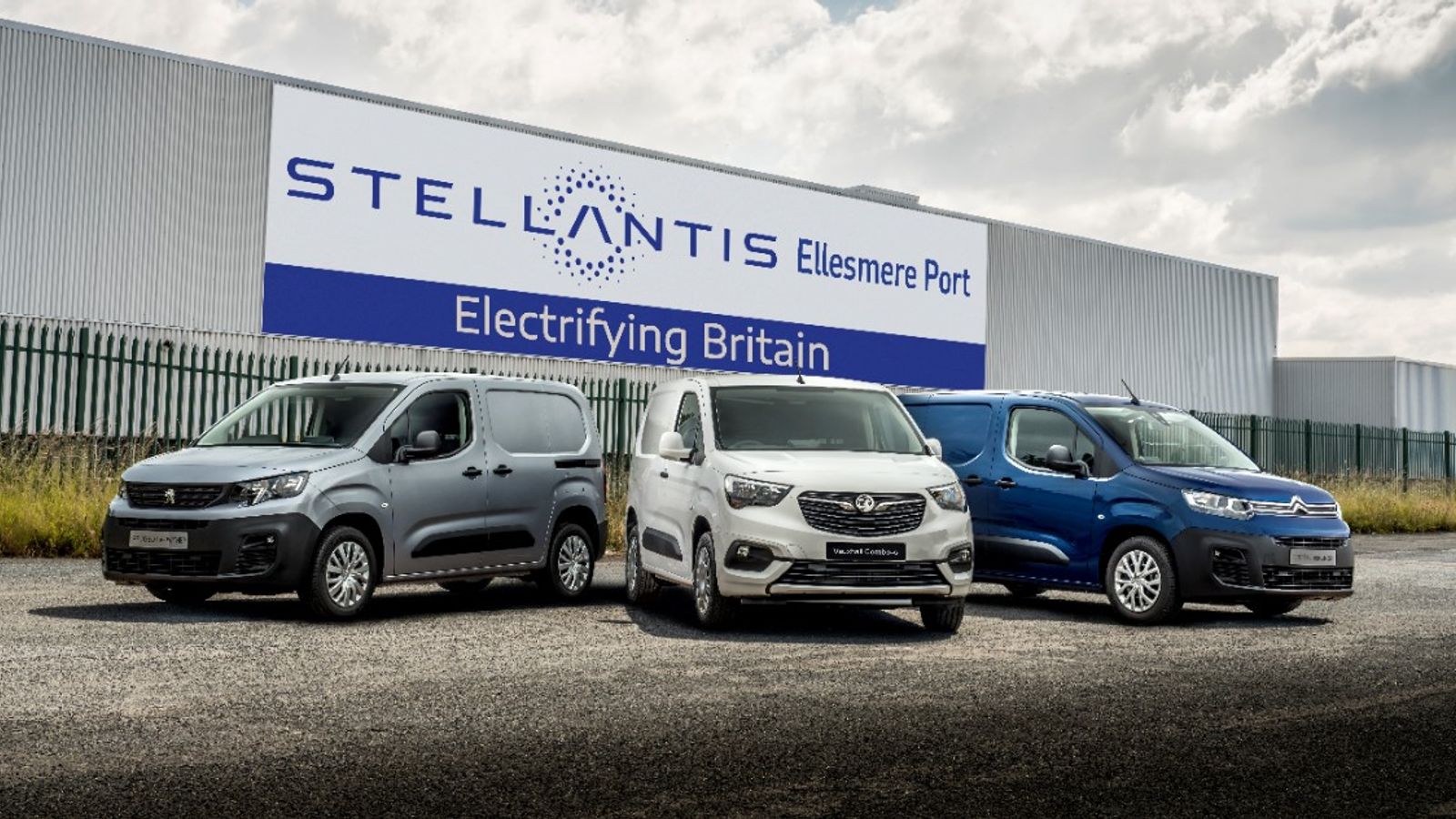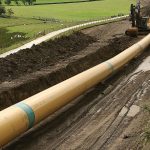Vauxhall’s parent firm has revealed a new electric vehicle future for its Ellesmere Port plant, removing a years-long threat of closure from the factory.
Stellantis confirmed on Tuesday that a government grant, coupled with a £100m investment of its own, would at least safeguard the 1,000 jobs left at the site.
Ellesmere Port in Cheshire, its statement said, would become Stellantis’s “first manufacturing site dedicated to battery electric LCV (vans) and passenger car models for Vauxhall, Opel, Peugeot and Citroën” – its other major brands within the group.
There are also plans in place to explore the creation of a new UK parts distribution centre at the Cheshire site.
The announcement follows months of talks between the company and officials on whether the plant, the traditional home of the Astra, was viable on several grounds including Brexit.
But the biggest issue for Stellantis, in the wake of the UK’s trade deal with the bloc, was the government’s vision for an electric car future.
Chief executive Carlos Tavares had previously described the ban on the sale of new petrol and diesel-powered cars from 2030 as “brutal” and ministers were warned the plant, which dates back to 1962, may have to shut without state aid for an electric conversion.
The amount of money placed on the table by the government was yet to be disclosed.
Stellantis said its plans would see the first all-electric vehicles start to roll off the production line from late next year.
The eight models would include the Vauxhall Combo-e van and Combo-e Life passenger car – and similar branded vehicles for Citroën, Opel and Peugeot.
They have, the company said, ranges of up to 174 miles but fast-charging ability.
“This new era of manufacturing will see a transformation of the Ellesmere Port plant fit for the future, with a new body shop, upgraded general assembly, a compression of the site area and the creation of an on-site battery pack assembly.
“In addition, there will be further support to enable a pathway to carbon neutrality for the plant by the middle of this decade.
“The plant aims to be 100% self-sufficient for electricity and work will commence imminently on potential wind and solar farms,” Stellantis said.






















